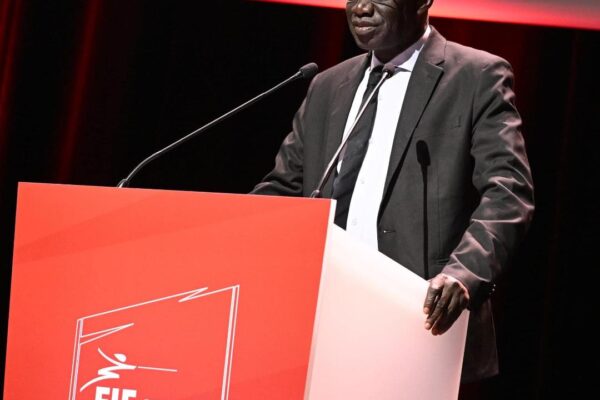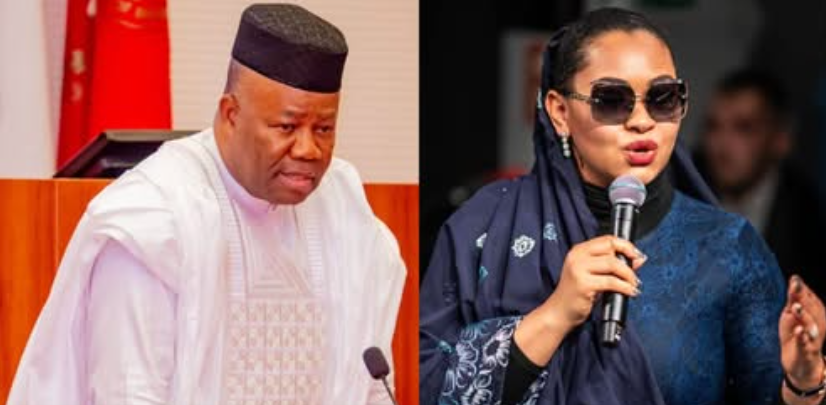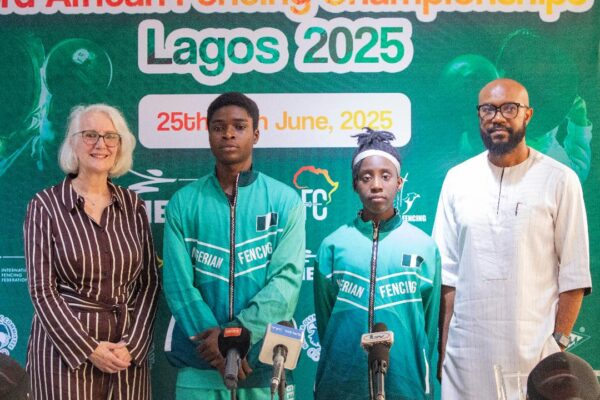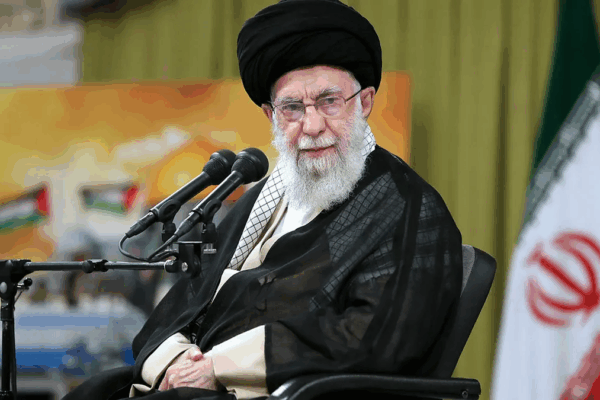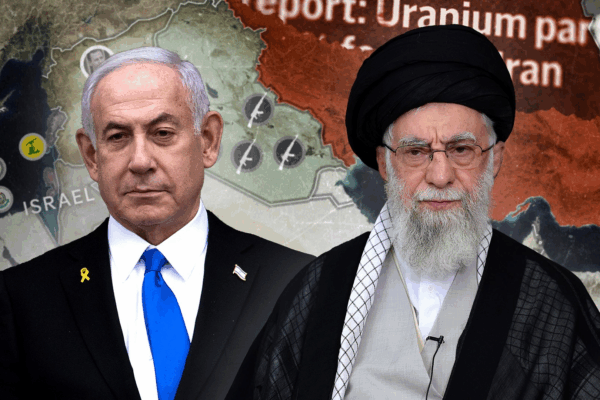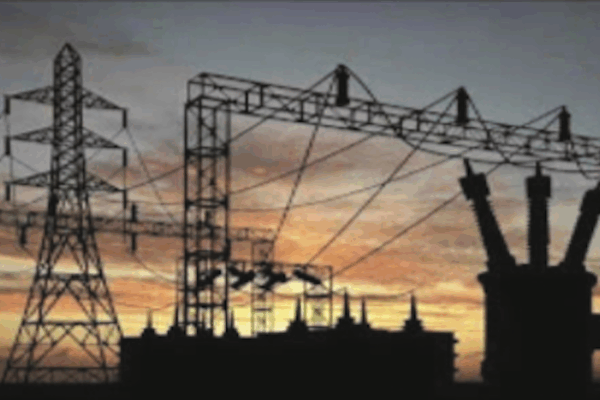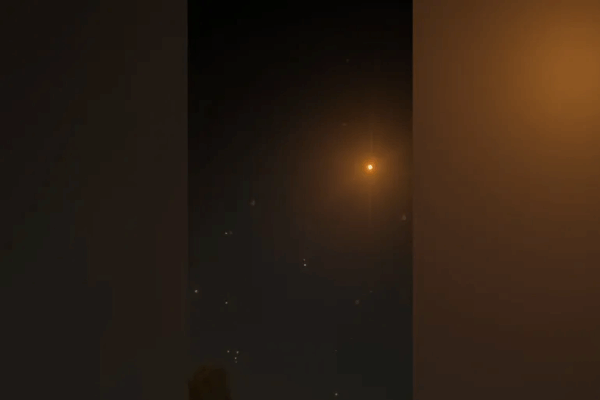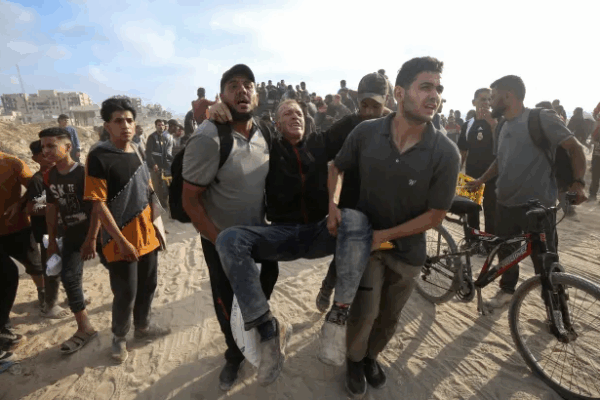Lagos, Nigeria’s vibrant commercial capital, is set to host over 150 of the continent’s finest fencers for the 23rd African Fencing Championships, taking place from June 25 to 29, 2025. This prestigious five-day, 12-event tournament will unfold at Charterhouse Lagos, the first British independent school in West Africa. The event will be officially declared open by Lagos State Governor Babajide Sanwo-Olu on Wednesday, June 25. This year’s championship promises high-stakes drama and elite competition, with 50 women and 100 men from 18 nations vying for continental glory. It also marks another milestone for Charterhouse Lagos, which successfully hosted Nigeria’s first Fencing World Cup in 2024. The action kicks off on Wednesday, June 25 at the Centre of Excellence, with athletes competing in both individual and team events. The tournament will feature a thrilling mix of regional, continental, Olympic, and world champions. Preliminary rounds will build up to intense medal showdowns, highlighting a dynamic blend of rising stars and seasoned veterans. Stars to Watch With medallists from the Paris 2024 Olympic Games competing in every category, fans can expect fierce rivalries and world-class performances. Picking a favourite will be no easy task as Africa’s elite fencers clash in a celebration of skill, strategy, and sportsmanship. Men’s Épée The men’s individual épée promises a fierce contest, headlined by Mohamed El-Sayed of Egypt, the 22-year-old bronze medalist from Paris 2024 and defending African champion. He’ll face stiff competition from his younger brother, Mahmoud El-Sayed, the reigning world junior champion. Also in the mix is Shamel Youssef (ranked 10th in junior men’s épée), alongside fellow Egyptians Osama Eslam and Elkord Houssam. Egypt’s dominance in this category makes them the team to beat in the men’s team épée. Women’s Épée Defending champion Alexandra Ndolo of Kenya, a 38-year-old Germany-based fencer, will be aiming to retain her title. She faces strong challenges from Tunisian and Egyptian contenders in what promises to be a tightly contested event. Men’s Sabre In the men’s sabre, all eyes will be on Ferjani Fares of Tunisia, world No. 3 and silver medalist at Paris 2024. He’ll be challenged by Egypt’s Mohamed Amer (2024 African champion) and Adham Moataz (2024 silver medalist). Nigeria’s rising star, 17-year-old Brou Inkosi, will also be in the hunt, adding local excitement to the mix. Women’s Sabre Defending champion Lorina Essomba of Cameroon will need to be at her best to fend off a strong Egyptian contingent. Expect fast-paced action and tactical brilliance in this category. Men’s Foil Egypt’s Mohamed Hamza, the defending champion, will face a major challenge from compatriot Tolba Abdelrahman, the current world junior No. 1. Their potential gold medal clash could be one of the highlights of the tournament. Women’s Foil Egypt’s Yara Elsharkawy, 26, is the one to beat. After clinching double gold (individual and team) at the 2024 African Championships in Morocco, she returns to defend her titles in Lagos. Team Events Egypt remains the dominant force in both men’s and women’s team events, especially in foil and épée. Their women’s squad will aim to retain titles across all three weapons: foil, épée, and sabre. Tunisia’s men’s sabre team, the reigning champions, will need to be at their best to fend off a star-studded Egyptian lineup. Home Team Spotlight: Nigeria Nigeria’s 12-man squad heads into the African Fencing Championships with a determination to break their medal drought at the continental showpiece. For many team members, the tournament presents a crucial opportunity to earn valuable ranking points in their quest to qualify for the Los Angeles 2028 Olympic Games. The team features a dynamic blend of foreign-based and homegrown talent and stands out as one of the youngest contingents in the competition. Leading the charge is Inkosi Brou, Nigeria’s highest-ranked fencer, whose presence adds both experience and excitement to the youthful lineup.
